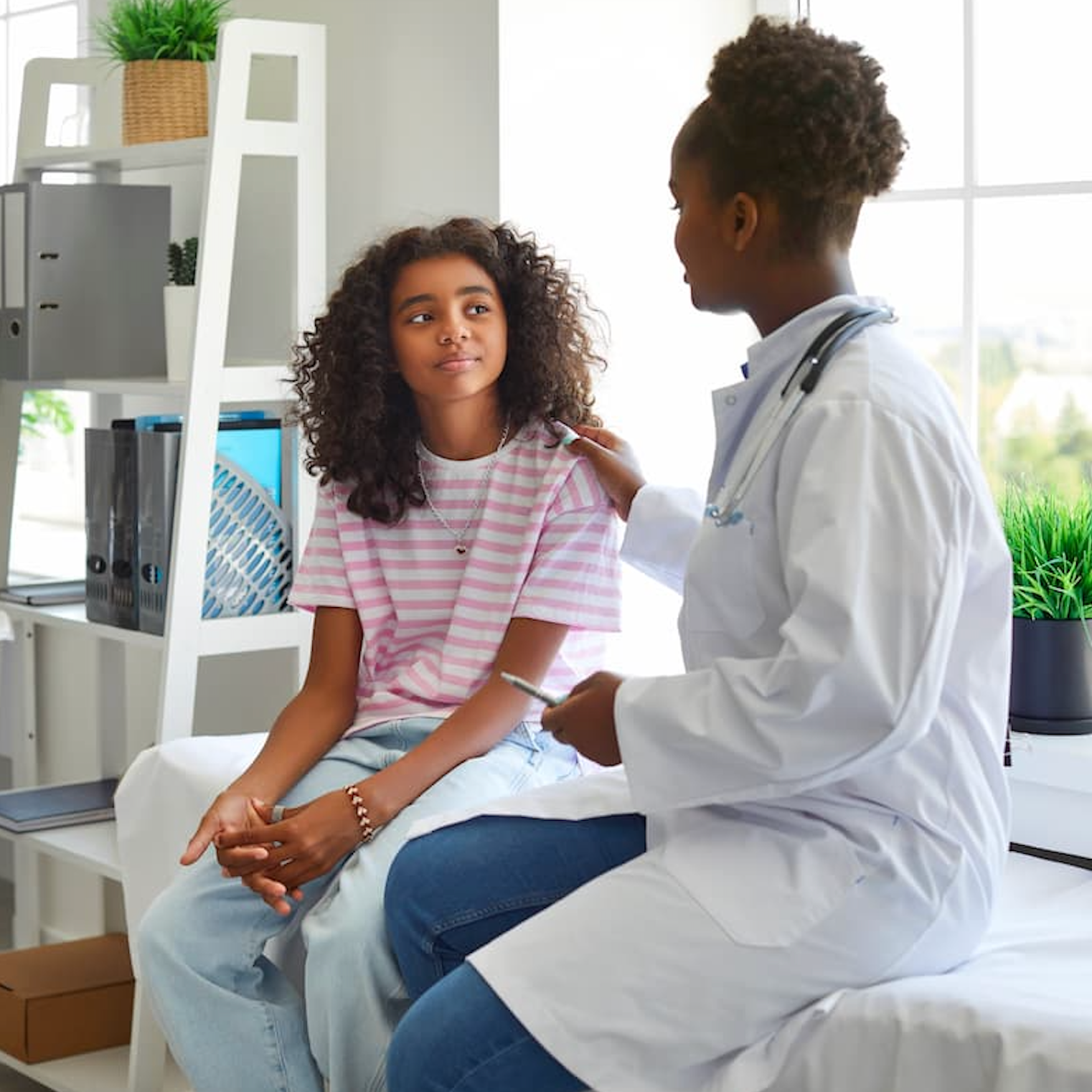Helping Families Navigate the Shift to Adult Health Care
Experts at UT Southwestern share tips to help families prepare early for the transition from pediatric to adult care.
By
Lana Pine
| Published on August 29, 2025
5 min read
Credit: Adobe Stock/Studio Romantic

The transition from pediatric to adult care can feel overwhelming for young people with rare neuroimmune disorders and their families. At UT Southwestern Medical Center, experts like nurse coordinator Denise Maddox, RN, BSN, MSCN; social worker Katherine Chapman, LCSW, CRND; and advanced practice provider lead Paula Hardeman, DMSc, MPAS, PA-C, are helping families prepare early for this shift. By focusing on independence, communication and resources, they guide patients and parents through one of the most important stages of care.
The shift from pediatric to adult care can feel overwhelming. What should families start doing early to prepare for this transition?
Denise Maddox, RN, BSN, MSCN: I start talking about transition on the first visit, whether the child is 17 or 7, just letting them know that throughout their time with us, I want the child to have permission to ask questions and understand as much as they can. And they also need to understand how to answer the questions from kids at school. Letting them know that their diagnosis is private and they are the only ones that decide if they want to share it. And then at 14, we give them transition paperwork that really helps them start to vocalize what their medication is, what their disease is, how it affects them, etc. We also start having them call the pharmacy for refills, sending over questions, calling me with their parents and having them explain what’s going on, etc.
Katherine Chapman, LCSW, CRND: I start talking with the kids at age 14. This is when we start giving them an annual readiness and knowledge assessment. Usually at 14 they are not ready at all, but that is OK because we will tackle a topic each visit — whether that is with Denise or myself. We have begun using the Transition Readiness Assessment Questionnaire (TRAQ) here at Children’s, and they have made a small packet for each age group starting at 15 with information.
What are some of the biggest differences patients and parents should expect when moving into adult health care systems?
DM: The parents are blown away at how “ignored” they are. Especially when their child is in college and still very dependent on them for appointments and insurance, etc. I make sure they know that as far as the rest of the world is concerned, 18 means adult and the patient will get called about everything! That’s probably the biggest shock.
Paula Hardeman, DMSc, MPAS, PA-C: Along those same lines, parents should make sure they are listed on the child’s records as their PHI (protected health information) and then the nurses can speak to the parents about the child’s needs (if needed). Also, with the patient portal, the child can grant the parent proxy access, which will allow the parent to send a message on the child’s behalf and have access to some of their records.
KC: One of the biggest changes I mention is that when they go to the adult clinic, they will only see the provider. At Children’s, they are here for hours seeing numerous people on the team: social work, neuropsychology, Physical Medicine and Rehabilitation (PM&R), eye testing, school services, etc.
How can young adults with rare neuroimmune disorders take a more active role in managing their own care during this transition?
DM: If we’ve done our job on the first question, they should have practice advocating for themselves. And let’s be honest, some of the parents need to allow the child to start taking over. It’s hard to let go, but parents that start early, allowing their child to be involved, have a much easier time when the full transition happens.
I also make sure the patient knows that honest conversations about symptoms are important. I can’t help you if I don’t know what’s going on. Sometimes they are scared to say anything, but I want them to know that early intervention is always better than waiting.
KC: Yes, agree — speak up! And if you are unsure, go ahead and ask.
PH: Always ask questions!
Are there resources or programs that can help bridge the gap between pediatric and adult care?
DM: I think their involvement in the Siegel Rare Neuroimmune Association (SRNA), Oscar the MS Monkey, the National Multiple Sclerosis Society or any of the advocacy groups is important. They don’t specifically talk about transition, but they help them learn more about their disease, which in turn empowers them to self-advocate, so that when the time comes for transition, they are better prepared to handle it.
KC: There is a website called Got Transition that has many tools and resources. Another resource might be the vocational rehab services (VRS) available in each state. Our VRS has a school transition program to help with funding, internships and more.

